
During his visit to Egypt, UN Secretary-General Antonio Guterres has reiterated his call for an immediate ceasefire to ease the suffering of Palestinian children, women and men struggling to survive the dreadful situation, and stressed the need to deliver aid to war-struck Gaza.
“Looking at Gaza, it almost appears that the four horsemen of war, famine, conquest and death are galloping across it,” said Guterres. “The whole world recognises that it’s past time to silence the guns and ensure an immediate humanitarian ceasefire” or else these four horsemen of war are going to prove apocalyptic.
The UN chief recapped that the assault on human dignity of Palestinians by the Israeli forces is a crisis of credibility for the whole international community as the UN has repeatedly warned of famine in the Palestinian territory particularly in its northern region which has been cut off from the aid deliveries largely.
It comes with no surprise that the Israel government which is already under growing international pressure to stop its inhuman activities and bombardment and stop all kinds of ground offences in Gaza has now barred the United Nations Relief and Works Agency for Palestinian Refugees in the Near East (UNRWA) from making aid deliveries in northern Gaza, hence turning the situation even more miserable for the Palestinians, especially children and women.
UNRWA was established on 8 December 1949 as a subsidiary organ of the United Nations General Assembly and became operational on 1 May 1950. It is one of the largest UN programme and the main humanitarian assistance provider in Gaza, which supports six million Palestinian refugees affected by Israeli bombardment. It employs around 30,000 Palestinians to serve the civic and humanitarian needs of 5.9 million descendants of refugees in the Gaza Strip, West Bank and vast camps in Jordan, Syria and Lebanon.
The major setback faced by UNRWA came from the US when it cut its funding over “terror” allegations putting the agency’s future in doubt. However, at the same time some countries including Canada, Australia and Sweden have since restored funds for UNRWA. The Israel’s denial to allow UNRWA food convoys to the north of Gaza and find alternatives to the UN agency are looming from alleged allegations of UNRWA staff being involved in the October 7 aggression as Israel alleges that some 1,500 of its staff workers had ties to Hamas. Addressing to these allegations, UNRWA fired 12 of its employee in January.
The organisation was already providing shelter to almost one million of newly displaced people in Gaza. However, many fear that if the authorities are going to prevent UNRWA to fulfil its mandate in Gaza, the clock towards famine and hunger will tick at an even faster rate and many more will be at the mercy of hunger, dehydration and lack of shelter, thus left to die.
For the last six months, Gazans have been suffering from worse humanitarian conditions as a result of the Israeli war against Hamas, leading towards an acute shortage of food and causing vilest famine. It is indeed outrageous and very much intentional, especially during a manmade famine, to obstruct lifesaving assistance. However, it is interesting to note that Israel has long pushed for closure of UNRWA arguing that unlike other refugee groups around the world it helps perpetuate the conflict with the Palestinians since it gives descendants of those originally displaced during Israel’s war of Independence the status of refugees.
In the words on Guterres, Palestinians in Gaza “desperately need what has been promised, a flood of aid, not trickles, not drops”. On this note, the international community needs to come together to ensure that this aim of flood of aid actually becomes a flood rather than depriving the Palestinians of the little aid they are receiving so far. The decision to keep the blockade on UNRWA food convoys, which has not been able to deliver food to the north since 29 January, will only further push thousands closer to famine. This blockade must be revoked, with more humanitarian organisations allowed into Gaza to provide the basic assistance to the war-struck population.
Published in The Express Tribune, April 6th, 2024.
Like Opinion & Editorial on Facebook, follow @ETOpEd on Twitter to receive all updates on all our daily pieces.




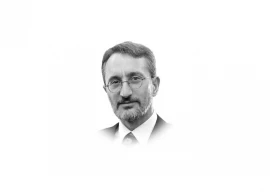



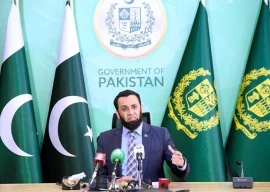
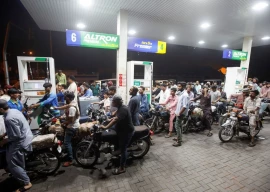

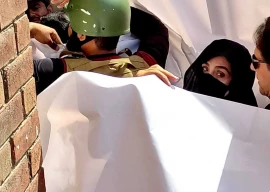
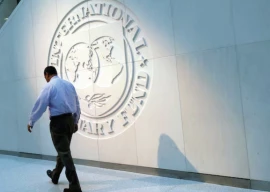
COMMENTS
Comments are moderated and generally will be posted if they are on-topic and not abusive.
For more information, please see our Comments FAQ